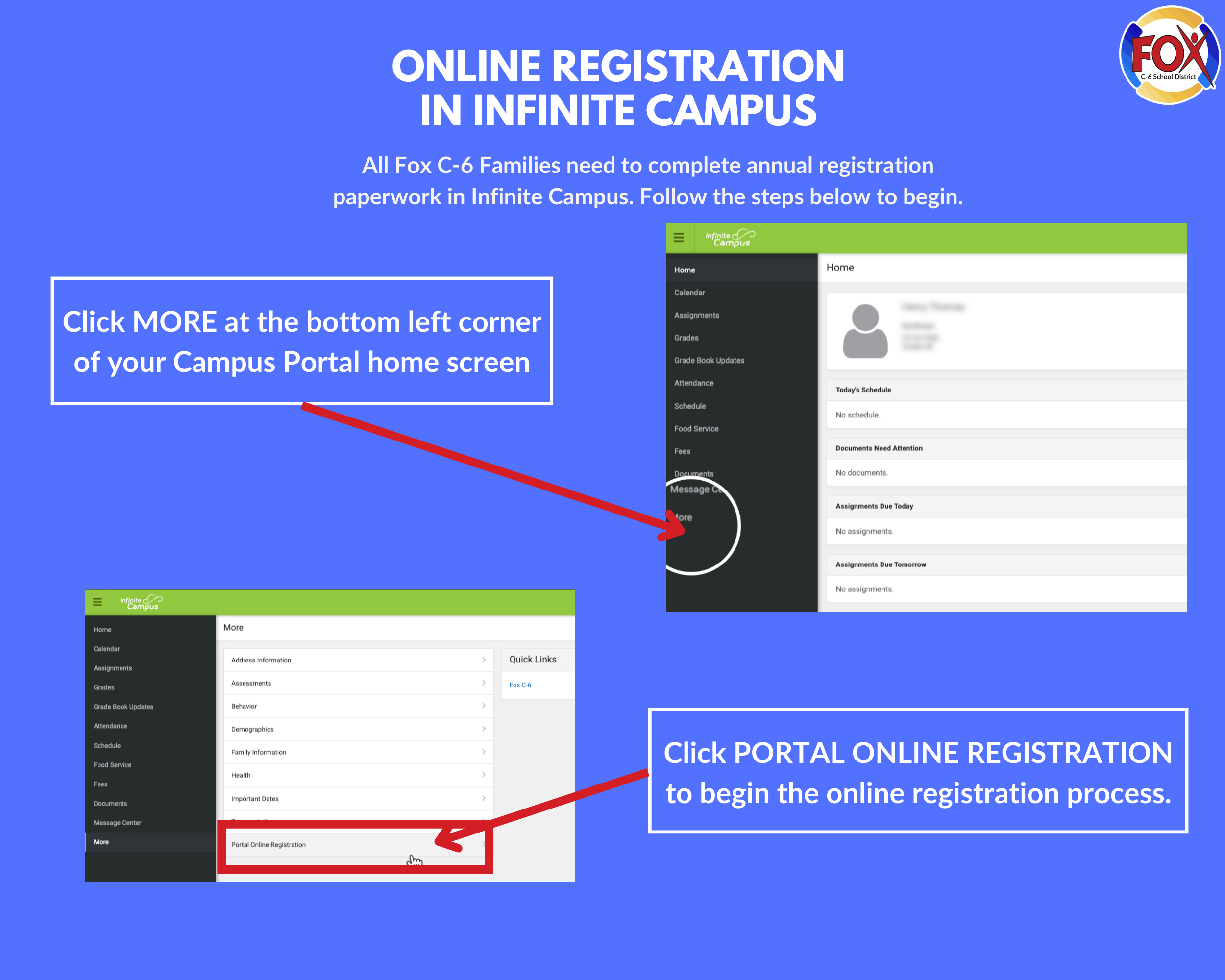Holiday Heart Syndrome Treatment
Holiday heart syndrome is a condition characterized by irregular heart rhythms, particularly atrial fibrillation, that occurs in individuals without a history of heart disease, often triggered by excessive alcohol consumption, stress, or other factors during holidays or periods of celebration. The treatment for holiday heart syndrome primarily focuses on addressing the underlying causes, managing symptoms, and preventing complications.
Identification and Initial Management
The first step in treating holiday heart syndrome is recognizing its occurrence. Patients typically present with palpitations, shortness of breath, or fatigue, prompting a medical evaluation. Initial management involves assessing the patient’s cardiac rhythm, usually through an electrocardiogram (ECG), and evaluating for any signs of heart failure or other cardiac complications.
In many cases, the condition resolves on its own once the trigger, such as excessive alcohol consumption, is removed. However, active management may be required to control the heart rate, prevent thromboembolic events, and alleviate symptoms.
Pharmacological Treatment
Several pharmacological strategies are employed in the treatment of holiday heart syndrome:
Rate Control: Medications such as beta-blockers or calcium channel blockers are used to control the heart rate, reducing the risk of complications and alleviating symptoms. The choice between these depends on the patient’s condition, including the presence of any underlying heart disease or other medical conditions.
Rhythm Control: In some cases, especially if the patient is highly symptomatic or if the atrial fibrillation persists, medications to restore a normal heart rhythm (anti-arrhythmics) may be considered. The use of these medications is more nuanced and often reserved for specific cases due to potential side effects.
Anticoagulation: For patients with atrial fibrillation, there is an increased risk of stroke due to blood clot formation. Anticoagulants may be prescribed to reduce this risk, especially if other risk factors for stroke are present. The decision to anticoagulate is based on a balancing of the stroke risk against the risk of anticoagulant-related bleeding.
Non-Pharmacological Treatment
Besides medication, several non-pharmacological approaches are crucial in managing holiday heart syndrome:
Lifestyle Modifications: Counseling on reducing alcohol intake, managing stress, improving sleep habits, and increasing physical activity can be beneficial. These modifications not only help in resolving the current episode but also in preventing future occurrences.
Electrical Cardioversion: In cases where the patient is significantly symptomatic and other treatments have failed, electrical cardioversion may be considered. This procedure involves the use of electrical shocks to restore a normal heart rhythm and is typically performed under sedation.
Ablation Therapy: For recurrent episodes of atrial fibrillation that are debilitating and resistant to medical therapy, catheter ablation may be an option. This minimally invasive procedure aims to destroy the abnormal electrical pathways in the heart that are causing the arrhythmia.
Prevention
Preventing holiday heart syndrome involves minimizing exposure to known triggers, such as excessive alcohol consumption. Moderate alcohol intake is generally recommended, defined as up to one drink a day for women and up to two drinks a day for men. Managing stress through relaxation techniques, maintaining a healthy diet, and engaging in regular physical activity can also reduce the risk.
Conclusion
Holiday heart syndrome, while often resolving spontaneously, requires careful evaluation and management to prevent complications and reduce the risk of recurrence. Through a combination of pharmacological treatment, lifestyle modifications, and non-pharmacological interventions, patients can experience significant improvement in symptoms and quality of life. It’s essential for individuals to be aware of the risks associated with excessive alcohol consumption and other triggers during holidays, adopting preventive measures to enjoy celebrations while maintaining heart health.
What are the common triggers for holiday heart syndrome?
+Common triggers for holiday heart syndrome include excessive alcohol consumption, stress, and possibly other factors like dehydration, sleep deprivation, or eating heavy meals.
How is holiday heart syndrome diagnosed?
+Diagnosis of holiday heart syndrome typically involves an electrocardiogram (ECG) to confirm the presence of atrial fibrillation or other arrhythmias, along with a thorough medical history to identify potential triggers.
Can holiday heart syndrome be prevented?
+While not all cases can be prevented, reducing exposure to known triggers such as excessive alcohol consumption, managing stress, and maintaining a healthy lifestyle can lower the risk of developing holiday heart syndrome.
By understanding the causes, symptoms, and treatment options for holiday heart syndrome, individuals can better navigate the challenges posed by this condition, ensuring a safer and healthier approach to celebrations and reducing the risk of cardiac complications.

